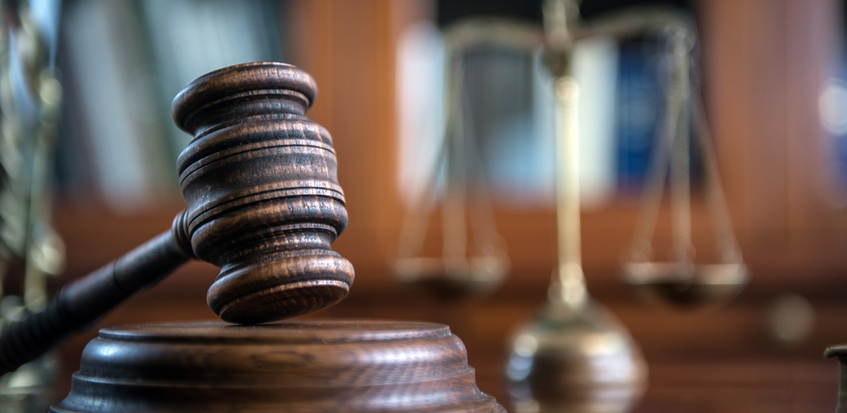Prosecutorial reforms for political trials of candidates are required to restore fairness. (Commentary)
by K.S. Bruce
Criminal prosecutions of active political candidates, and their families and allies, require special safeguards to protect the democratic process itself. This is true whether Democrats are pursuing Republicans or Republicans are pursuing Democrats. The need for evenhandedness is even higher when elections themselves are at stake. The first place to start is the prosecutorial process, which must not only be fair, but must be perceived that way by Americans of all political parties. The harmony of the nation depends on it.
Here are some potential improvements and procedural safeguards to consider:
Increased Right to Change Venues and Judges. The public will not long accept a system where Democrats are convicted by “Republican” judges in “Republican” venues, and Republicans are convicted by “Democratic” judges in cities controlled by Democrats. Ignoring the risk of potential political bias by judges or local populations is a fantasy. One safeguard would be to expand the defendant’s ability to seek a change of venue and a trial before an impartial judge. If a crime is real and serious, a defendant can be considered likely to be found guilty in any venue. If the political candidate is only guilty in certain venues, he should not be guilty anywhere.
No Novel Theories or Selective Prosecutions. If a prosecutor has not used a theory in the normal course against other (non-political) defendants, the prosecutor should not use that new and untested theory against a political defendant in the midst of an election. Appeals to higher courts on motions to dismiss should also be accelerated to resolve open issues ahead of election season.
Third-Party Oversight on the Selection and Activities of Special Prosecutors. Every U.S. attorney general is, by definition, a political appointee, and so is inevitably at risk of at least the perception of political bias. Elections – and respect for elections – are at stake. So we can’t give any political appointee the unilateral right to assign prosecutors who will be seen by many Americans as rabid attack dogs going after political enemies, or, conversely, as toothless lap dogs going easy on political allies.
The original special prosecutor law in 1978 did not empower the attorney general to choose the prosecutor. Rather, it established a panel of three U.S. Appeals Court judges to select the special prosecutor, once the attorney general decided that such a special counsel was needed. This, or a similar system, could be reinstated, both for the selection of the special prosecutor and for the approval of that special prosecutor’s charges and extreme tactics.
No Compelled Confessions or Forced “Flipping.” It doesn’t inspire public confidence to watch a low-level ally of a political target be threatened with decades of jail time unless he or she “flips” against higher-ups to avoid jail time entirely. Similarly, a guilty confession by a political target means little if the prosecutors obtained the confession by threatening the defendant’s family with excessive jail time or destruction. The goal of a political trial is not to obtain a conviction at all costs, but rather to obtain a proper conviction in a transparently measured and unbiased way.
No Cover-ups Without Crimes. Michael Flynn, who served briefly as President Trump’s national security adviser, was coerced into pleading guilty to a charge of lying to prosecutors and their investigators, even though no underlying crime had occurred. Any such misstatements should be deemed “immaterial” if there was no crime to cover up in the first place, and particularly if it was the undeserved prosecution itself that triggered such misstatements.
How can we determine when these higher standards of procedural fairness come into effect?
If we can’t have them for every criminal case, we at least need them when more than the defendant’s rights are at stake – when the prosecution has repercussions for elections or our political process as a whole. One option is a new federal statute authorizing Congress to identify prosecutions that qualify for the higher standard of legal safeguards. A threshold number of votes could be set to protect the minority party’s rights, a certification by 25 Senators or 100 House members, for example.
America must not become ancient Rome, where prosecutions of political rivals became an accepted blood sport. Our nation cannot afford an unending series of partisan attacks and counter-attacks, using the criminal justice system as a part of the regular campaign playbook. If we want to protect elections, to protect respect for our legal system, and to protect national harmony, a set of common-sense procedural safeguards for political trials should be put in place now.
